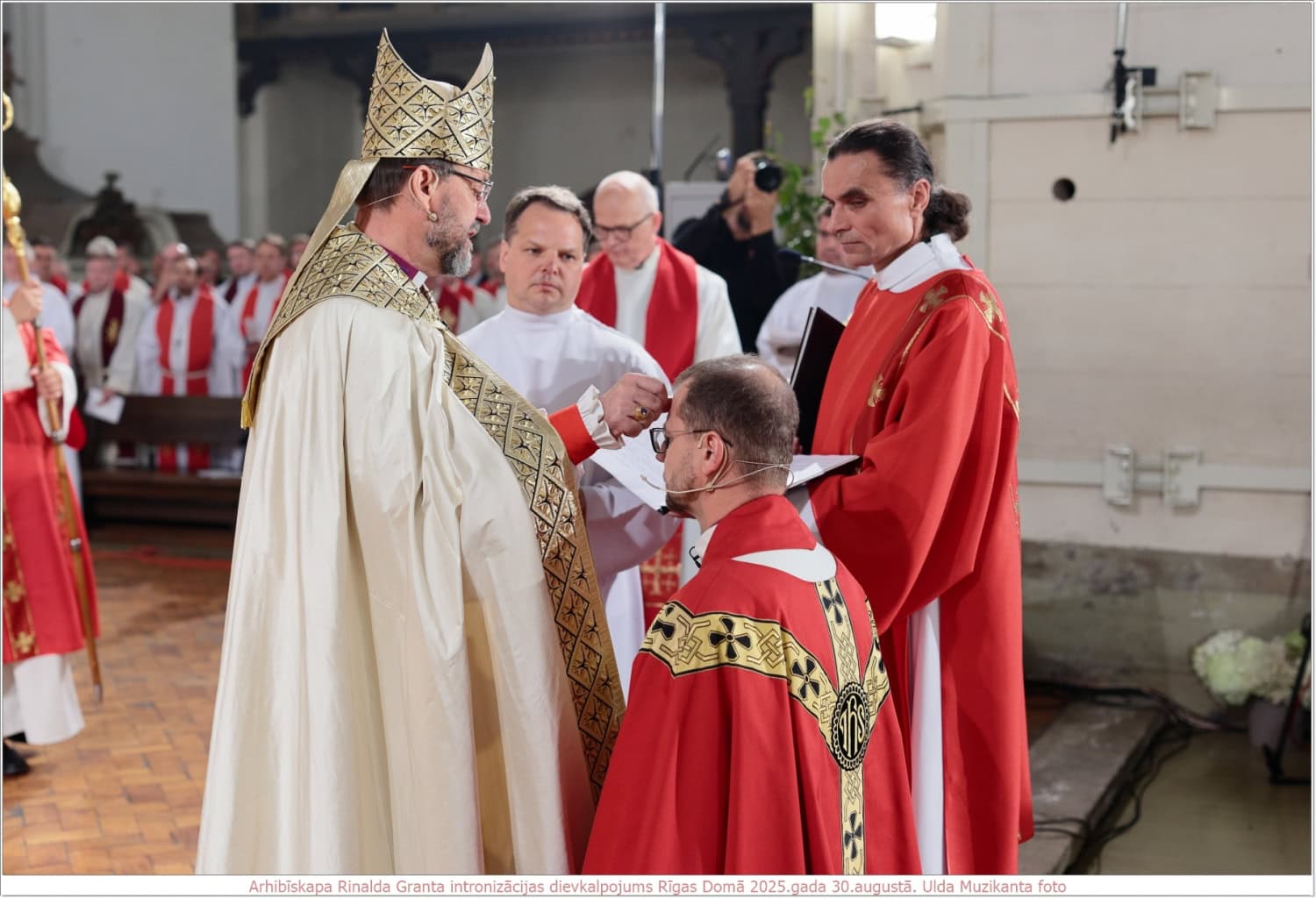To the Clergy and Lay Leaders of the Anglican Church in North America:
From: Deacon Lisa Schwandt, Nominations Committee Chair
Re: Call for nominations –ACNA Executive Committee, Court for the Trial of a Bishop, Provincial Tribunal
Executive Committee Nominations:
Nominations are now being accepted for membership on the ACNA Provincial Council’s Executive Committee. Two clergy and two lay members will be elected at the June 2021 Provincial Council meeting.
The organization and responsibilities of the Executive Committee can be found under Title 1, Canon 1, Section 4 of the ACNA Canons.
Eligibility: A nominee MUST be a member of the ACNA Provincial Council and not currently serving a second consecutive term as a member of the Executive Committee. Review the list of current Provincial Council members here.
If you wish to nominate someone for Executive Committee, please send your nomination to dnlisa@dwgc.org. Your nomination must include a brief biographical profile and photo of the nominee, along with a statement from the nominee giving his or her consent to be nominated. Please include all of this information in a one-page document.
Nominations will close April 30, 2021.
Nominations for Ecclesiastical Courts:
Nominations are now being accepted for membership on the Provincial Court for the Trial of a Bishop and the Provincial Tribunal.
Nominations for our Provincial Ecclesiastical Courts may be made by an ACNA clergy person or an ACNA confirmed adult member in good standing. Provincial Council will elect seven members and seven alternates for the Court for the Trial of a Bishop and seven members and seven alternates for the Provincial Tribunal.
If you wish to nominate someone for either Court, please send your nomination to dnlisa@dwgc.org. Your nomination must include a brief biographical profile and photo of the nominee, along with a statement from the nominee giving his or her consent to be nominated. Please include all of this information in a one-page document.
Nominations will close April 30, 2021. Information regarding these Courts and the responsibilities of their members is below.
Please do not hesitate to contact me if you have any questions, dnlisa@dwgc.org. Thank you for your time and service and may God continue to bless you in this important ministry.
Court for the Trial of a Bishop (Title IV, Canon 5, Section 2)
The Provincial Council will elect 7 members to this Court, along with 7 alternates, each Order electing its representatives by majority vote of that Order:
- 3 Bishops, 3 Bishop Alternates
- 2 Presbyters, 2 Presbyter Alternates
- 2 Adult Confirmed Members in Good Standing, 2 Adult Confirmed Member Alternates
The members of this Court are elected to a three-year term. This Court will hear all presentments brought against any Bishop in the Anglican Church in North America on those charges to which there has not been a voluntary submission to discipline by the accused bishop.
Members of this Court shall have familiarity and understanding of the Title IV Canon relating to ecclesiastical discipline. They shall understand the presumption of innocence, the burden of proof (clear and convincing evidence), principles of fairness, due process, and natural justice.
Legal background is not necessary but would be helpful.
Provincial Tribunal (Title IV, Canon 5, Section 4)
The Provincial Tribunal hears all appeals in the case of a conviction after trial of a Bishop, Presbyter, or Deacon. It also serves as a court of original jurisdiction:
- to hear and decide matters in dispute arising from the Constitution and Canons of the Province,
- to hear and decide disputes between Dioceses,
- to hear and decide appeals by a Bishop pursuant to Canons I.3.3 (d) and III.8.7(d) and
- to issue nonbinding advisory opinions on issues submitted by the College of Bishops, the Provincial Council, or the Provincial Assembly.
The members of this Court are appointed by the Provincial Council to serve a three-year term. Of the seven members, at least two shall be Bishops, and at least two shall be lawyers, knowledgeable in canon and ecclesiastical law. Additionally, seven alternates shall be appointed, with at least two being Bishops and two being lawyers knowledgeable in canon and ecclesiastical law.
Members of this Court shall have familiarity and understanding of the Title IV Canon relating to ecclesiastical discipline. They shall understand the presumption of innocence, the burden of proof (clear and convincing evidence), principles of fairness, due process, and natural justice. The members of this Court shall understand the principles and polity for courts of review and have a thorough knowledge of the Constitution and Canons of the ACNA.
Legal background is not necessary, but experience in both trying and appealing cases would be helpful.






